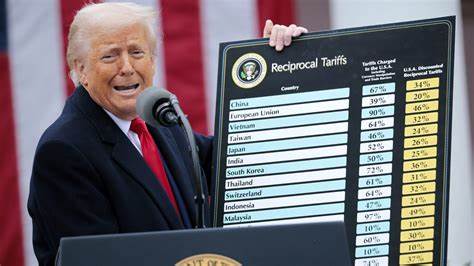International Monetary Fund (IMF) said retail and institutional investors in the equity markets are at risk as cryptocurrency volatility is spilling over into the stock exchange, and it has started in Asia.
IMF, in a blog post authored by its Managing Editor, Jeff Kearns, said Asia has began to mirror the cryptocurrency industry, thereby, increasing the risk associated with the equity market. The correlation has began to take shape in India, Vietnam, and Thailand.
Join our WhatsApp ChannelIMF said the integration of crypto and equity market is due to capital market investors having interest in the digital assets, resulting to return correlations of Bitcoin and Indian stock markets rising 10-fold over the pandemic, while volatility correlations have increased by 3-fold, indicating spillovers of risk sentiment from both markets.
It disclosed that the capital or financial market might no longer be insulated from sharp movements or future boom-bust cycles in the crypto industry, affecting the trading pattern of individual or institutional investors.
With IMF stating the integration of equity and cryptocurrency markets posing financial stability risks, the global body opined that, “Contagion could spread through individual or institutional investors that may hold both crypto and traditional financial assets or liabilities. Large losses on crypto may drive these investors to rebalance their portfolios, possibly causing financial-market volatility or even default on traditional liabilities.”
According to the fund, government need to focus on regulation to ensure the impact of both markets are limited to prevent retail and institutional investors from losing to the correlations.
Although it said Asian authorities have began to tighten regulatory framework, but more needs to be done, “Accordingly, authorities in Asia are increasingly sensitive to the rising risks posed by crypto as adoption continues to spread.
“They have therefore dialed up their focus on crypto regulation, and regulatory frameworks are underway in several countries including India, Vietnam and Thailand.
“A significant effort is also needed to address important data gaps that still prevent domestic and international regulators from fully understanding ownership and use of crypto and its intersection with the traditional financial sector.” The statement reads.


















Follow Us